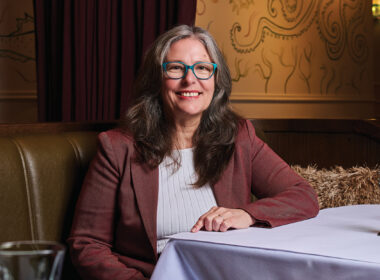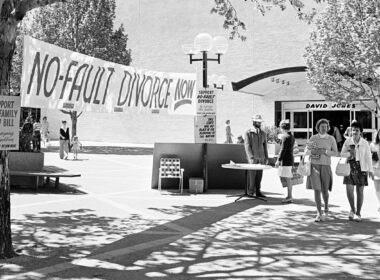Human Rights Commissioner Ed Santow speaks about how a young girl with gorgeous curls changed his legal life.
It was the late 90s. I was 20 years old, had just reached the end of my second year studying law at Sydney University, and had landed an internship at the Public Interest Advocacy Centre (PIAC).
I had a vague sense that I wanted to do law that helped people, but that felt so far away. At PIAC I was doing the most junior stuff: photocopying, legal research and making cups of tea.
It was an amazing opportunity, though, and thanks to director Andrea Durbach I was given the chance to see what the law could do to help someone. Andrea put me on the case of Scarlett Finney and said it was not going to be like LA Law, but in this case it was.
Scarlett was seven, had incredible locks of curly hair, and also happened to have spina bifida. Her parents had enrolled her in the Hills Grammar School, but when the school realised Scarlett had spina bifida, they wouldn’t accept her.
Scarlett and her parents were devastated. The school’s decision was based not on some real practical problem; it was based on historical prejudice about what disabled people could and could not do.




